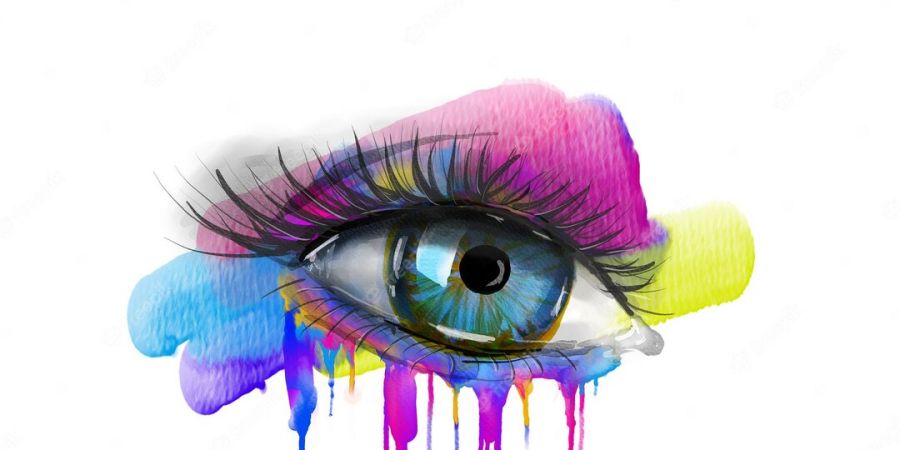

We cry for many different causes. When you're upset, angry, or joyful, you may cry as a result of your emotions.
According to Dr. Roizen, crying for emotional reasons might help you feel better, get tension out, and give you a psychological recharge.
However, there are also physical causes, such as having dirt in your eye or feeling pain.
According to Dr. Roizen, crying also occurs for physiological purposes to distribute nutrients and flush away toxins brought on by stress. "And we cry for social reasons to communicate distress, sincerity, attraction, or aversion—depending on the context."
Your tears are made of a mixture of water for hydration and oils for lubrication and to stop the evaporation of the tear liquid. Your tears can spread because they also include mucous.SUBSCRIBE
What to know about puffy, swollen eyes
Debra Sullivan, Ph.D., MSN, R.N., CNE, COI, conducted a medical review — On July 16, 2020, Amanda Barrell
from sleeping to crying
Tips
Health problems
seeing a physician
Summary
The majority of individuals are accustomed to having puffy or swollen eyes after weeping or sleeping. The majority of the time, fluid retention in the tissue surrounding the eyes is to blame.
"Periorbital puffiness" is the medical term for swollen or puffy skin around the eyes. Edoema, or swelling brought by by fluid retention, is frequently to blame. It might develop as a result of sobbing or while you're sleeping.
Usually, this puffiness goes away on its own, but one might take measures to lessen the swelling.
Basal rips
Simple tears like these. All day long, they move around in your eyes. They aid in the battle against infection and contain oil, mucus, water, and salt. Your tears don't evaporate into the air because the oil holds them in situ. They are distributed uniformly over your eye's surface by blinking. Your vision and concentration can both be sharpened by these tears.
2. Angry tears
Your eyewash tears are these. When you peel an onion, throw up, or catch dust in your eye, the glands under your eyebrows push things out. They remove the irritant from your eyes by flushing it out. When your allergies are acting up, tears like these will start to fall down your face. emotional or psychic tears
These tears stream.It's common to cry for a variety of causes, including bodily emotional, physical, and physiological reactions. However, it's possible to cry too much or too little. If either condition is not treated, it could harm your eyes. The following are a few conditions that aren't regarded as typical.
